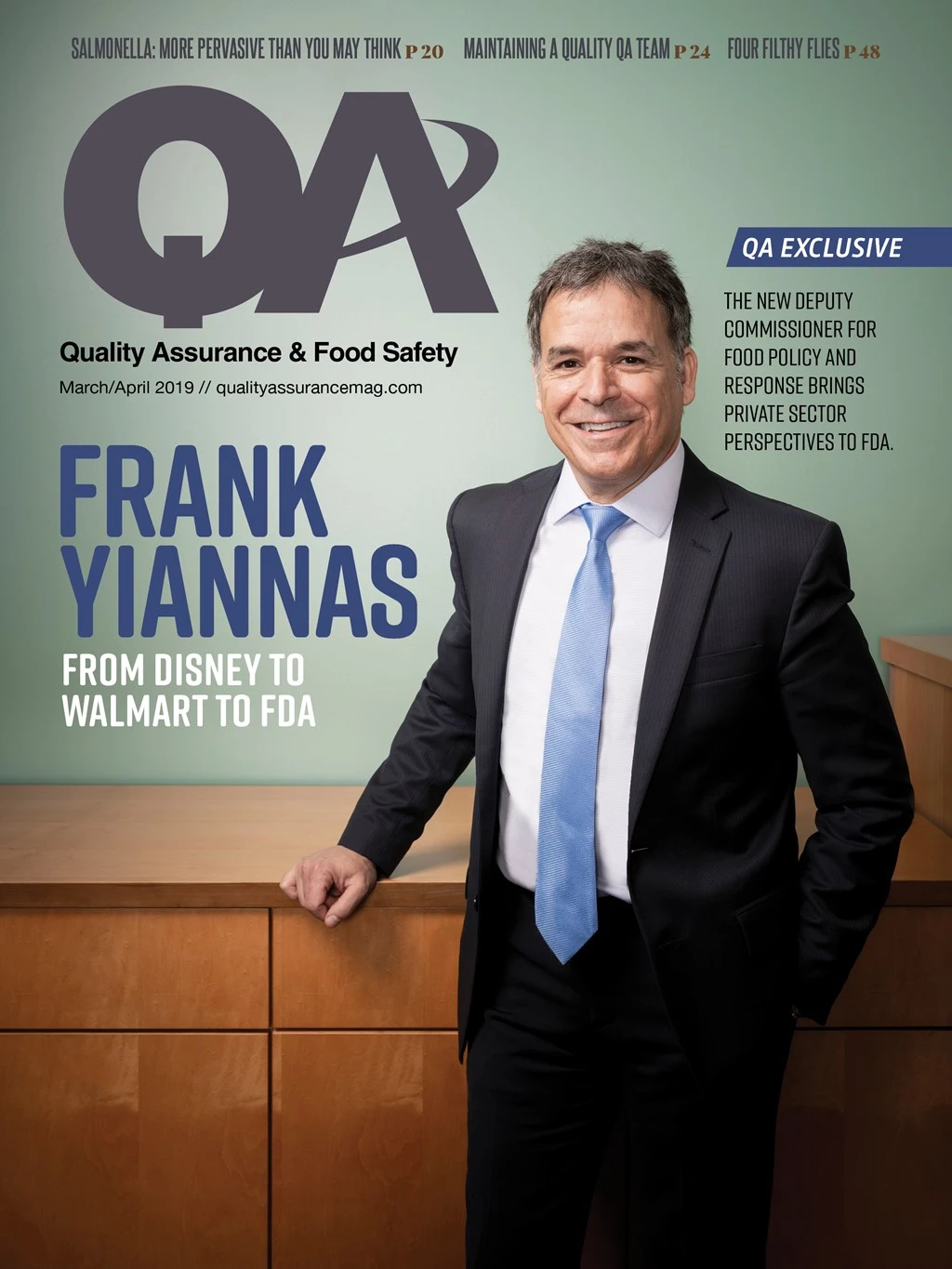

The importance of sustainability and social responsibility shouldn’t be downplayed, but are they really the responsibility of a food safety professional? Within the world of produce safety, it seems that the closer you get to the production side of the supply chain, the more likely it is that these areas fall under the purview of food safety. Although this is not the case at every company, it’s prevalent enough that it was recently an agenda item with the United Fresh Food Safety & Technology Council meeting. The group concluded that food safety is a separate discipline, requiring a unique skill set that is distinct from the other areas.
If this is the case, why would this conglomeration of roles ever have come into existence? There are three main reasons top leadership may think produce safety professionals could and should assume these other responsibilities:
- Limited staff capacity. When you’re a smaller operation, people wear many hats. While we all may feel that we could always use another set of hands, in some companies, there may be only a few full-time employees. Hiring a separate person for sustainability, food safety, and/or social responsibility just might not make sense from a business standpoint.
- Audits. Both sustainability and social responsibility can be verified through audits, just like food safety. It’s all about compliance, and if you have the skill set to check a food safety box then you probably know how to check other boxes.
- Supply chain relationships. Building on the theme of audits and compliance, due to the need for everyone along the supply chain to manage produce safety, there are inherently tight relationships between suppliers and their customers. The customer’s food safety staff likely already has insight into the supplier’s operation, so if they are already doing a supplier assessment of food safety, why not also look into social responsibility or sustainability?
While the reasons listed may seem reasonable and efficient, it’s critical to realize that different expertise is needed to critically assess compliance. Food safety staff who are asked to take on these additional areas should engage other parts of the company, including legal experts and human resources. Additionally, the time spent on other issues detracts the food safety professional from focusing on produce safety — and there is enough need there that you don’t want to limit the focus.
Food safety is not about checking an audit box. It’s not a yes/no question of compliance. It’s about the critical thinking needed to evaluate an environment; identify hazards, both those that are apparent as well as those that are reasonably foreseeable; and prioritize resources and mitigations to reduce the chance that someone will get ill. In some companies, the “critical thinking” part may get overlooked, and the “box checking” part may be overemphasized. Only a trained professional should be trusted to manage food safety.
The same can be said for social responsibility, sustainability, etc. While those issues have a greater bearing on society than they do on an individual consumer, it’s clear that a consumer’s expectation warrants increased focus on these areas. Let’s provide the right support and training for those tasked with assessing social responsibility and sustainability. As a consumer, I want to know that people with the requisite skills and expertise are involved in putting food on my table.

Explore the March 2019 Issue
Check out more from this issue and find your next story to read.
Latest from Quality Assurance & Food Safety
- Q&A: Sandra Eskin Leads Food Safety Advocacy Organization, STOP, as CEO
- STOP CEO Eskin on Government Layoffs, Challenges in Food Safety
- Mission Barns Announces Cell-Cultivated Pork Fat Launch Following FDA Clearance
- Hearthside Food Solutions Recalls Breakfast Sandwiches Due to Undeclared Allergen
- Walker’s Wine Juice Recalls Pumpkin Juice Due to Botulism Risk
- The Cascading Food Safety Impacts of Tariffs on the Food Industry
- Tyson Ventures Calls Startups to Apply for Tyson Demo Day
- Student Finalists Selected for IFT Product Development Competitions





